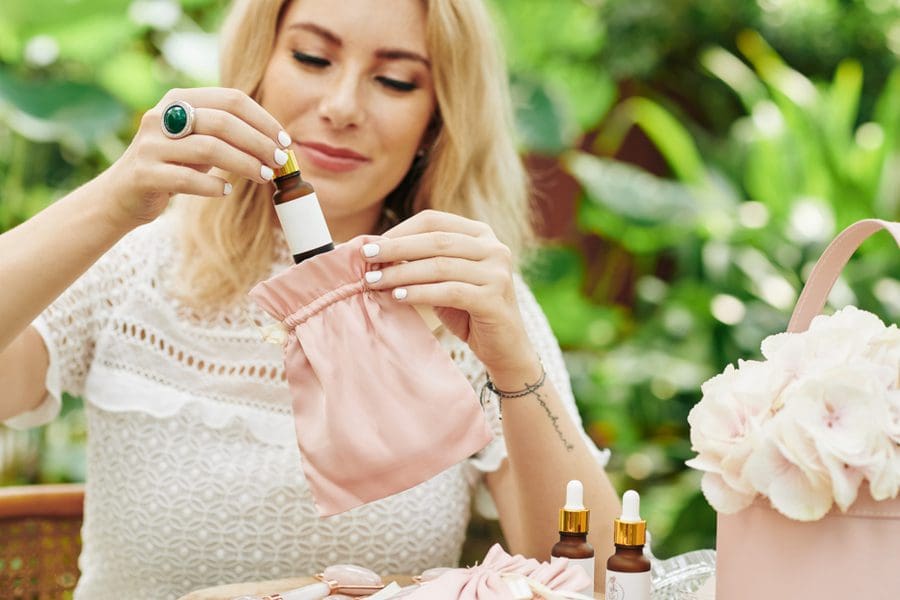If you’re into skincare, you’ve probably heard of retinol. It’s the magical vitamin A molecule responsible for anti-aging effects.
Retinol is fundamentally a derivative of vitamin A, which promotes collagen production. Although it is available in several skincare products, using it in its pure form has long-lasting effects. However, don’t get confused by retinol and retinoic acid, which is a stronger form of retinol that carries much stronger side effects.
What does retinol do?
Retinol fades away the signs of aging skin while it increases collagen production. Collagen is responsible for keeping skin young by eliminating fine lines and wrinkles and reducing pigmentation.
How is retinol different from salicylic acid and vitamin C?
Retinol is a vitamin A derivative. It helps rejuvenate and replenish the skin at the cellular level. By exfoliating the skin from the inside out, it helps the skin appear brighter.
Meanwhile, salicylic acid and vitamin C exfoliate the dead surface cells. Imagine cleaning a room with a vacuum cleaner compared to cleaning a room with a traditional broom – both get work done, but the depth of cleaning differs.
How should you use retinol?
Like most irritating skin products, retinol is best applied at night. Start by using it once a week. Pay attention to how it reacts with your skin and pay attention to the severity of redness it causes. Once you are sure the retinol is working well with your skin, you can increase the frequency of application by applying it on alternative nights.
You can pair it with lactic acid, which helps with exfoliating the skin. Just don’t use the two at the same time! Alternate the nights you use retinol and lactic acid. Also, remember not to use retinol with other beauty products that might have chemical ingredients. In most cases, don’t use peel-off masks when using retinol because you will hamper the skins healing process. Overburdening your skin with a lot of skincare products will only lead to chemical burns.
Are there side effects?
Yes. Your skin is under medical-grade treatment. You might get dermatitis, rashes, and bumps, but you can mitigate the effects by wearing sunscreen during the daytime and taking extra care of your skin throughout the day.






